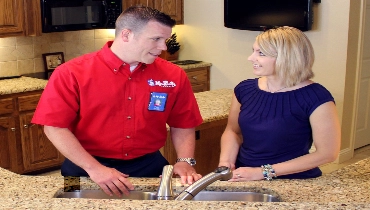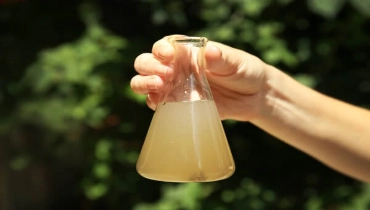We have all been there: You turn on the faucet and notice low water pressure or even no water at all.
Learn moreOur Plumbing Related Blog Posts and Articles for St. John's
Shared Resources for Your Home Needs
All Blogs
Mar 24 2025
Apr 01 2018
Have you ever poured yourself a tall glass of water, only to see red or brown particles settling at the bottom of the glass? Perha
Learn more
Feb 02 2018
You may or may not be shocked to learn that water isn’t as clear and clean as it seems. Sure, it’s transparent and all
Learn moreBlog Categories
Let Us Call You
Blog Categories
About Mr Rooter

Since the original Mr. Rooter was founded in 1970, the company has remained committed to a set of core values that are rooted in performing quality work at honest prices. Nearly half a century later, the original Mr. Rooter business is still servicing homes and businesses in North America. We are still independently owned and operated, with strong ties to the community that made it all possible.

